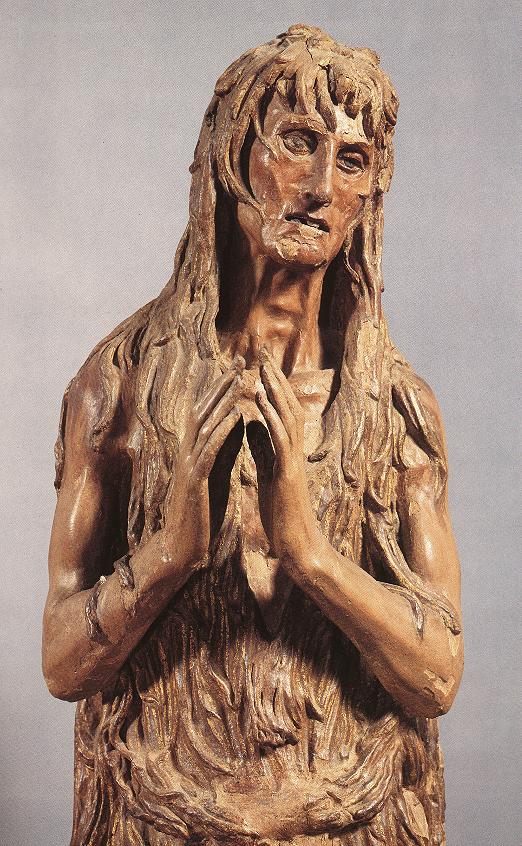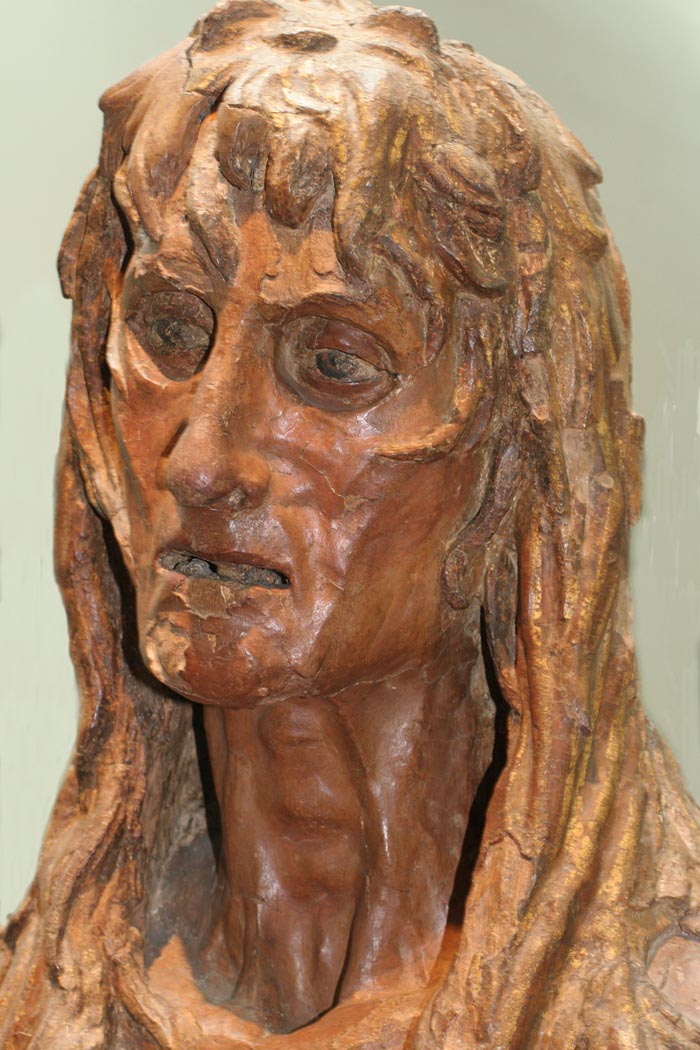 The students I still teach sometimes tell me their stories one on one, and their trials cause me to remember all those who could never get their hair right, who laughed after the beat, who were lonely but also unbowed, who never received their certificate of cool, whose quirks knocked them away from the accepted level of ‘approval’, the ones whose laughter was too loud, who moved awkwardly, who never figured out that it was best to hide their brainy curiosity, who wore the wrong skin color, practiced the wrong religion or no religion, the outliers, the little communities of high school outcasts whose loyalties to each other were ferocious, and because they suffered when they were young, when they were nothing except exposed nerve endings and every nasty comment and rejection registered like the ripping of a thorn across their palm, the ones who became expert in picking up strays, in bringing the perilously lonely into a fold.
The students I still teach sometimes tell me their stories one on one, and their trials cause me to remember all those who could never get their hair right, who laughed after the beat, who were lonely but also unbowed, who never received their certificate of cool, whose quirks knocked them away from the accepted level of ‘approval’, the ones whose laughter was too loud, who moved awkwardly, who never figured out that it was best to hide their brainy curiosity, who wore the wrong skin color, practiced the wrong religion or no religion, the outliers, the little communities of high school outcasts whose loyalties to each other were ferocious, and because they suffered when they were young, when they were nothing except exposed nerve endings and every nasty comment and rejection registered like the ripping of a thorn across their palm, the ones who became expert in picking up strays, in bringing the perilously lonely into a fold.
Donatello’s Mary Magdalene: for me, few works of art are more expressive of the sympathetic eye, both the subject and the artist’s — Mary, the prostitute who has lost everything, whose hollowed body and face show her losses — yet she retains the capacity to mourn for Christ taken down from the Cross and then to assist Mary in his preparation for burial. Donatello, 69 years old, rich, praised by the Church and the aristocracy, creates an image of one of his society’s despised that reveals his pity and her ravaged strength.
Sitting across from me now another tells a story of how she understood she was different at 7, when because of her skin and her brash voice, her friends’ mothers began to ask where her parents had been born, had they traveled from ‘way down south’? Who saw her brother humiliated because he was darker than she and small and had not her furious demeanor when provoked. I watch the lines of tension showing themselves in her fists and in the arch of her back when she straightens it, her shoulders for a moment compressing with anger, her eyes tightening as she remembers. I watch her in that moment — made angry by the thick and poisonous cruelty of others, I foolishly wish I could become my namesake, the avenging archangel, sword-armed, bloody-minded.
At fifteen she caught herself watching a delicate boy who had no fear of the crowd, who by 11 or 12 knew he was gay, who knew by his singing and his manner that he was not like other boys, but he possessed an assurance arising from some mysterious reservoir of inherent strength. He probably did not know that he was being watched by her, his fearlessness measured, copied, added to her learning. When they became friends, she defended him from cruelty with her direct, unafraid stare and that loud voice. She knew that he was like her, someone apart. She took her aches and sometimes desolation and overcame their ugly pointlessness, dissolved most of her resentments and made a friend who she understood because he too lived on the outside. She paid attention. She imagined his life. She matched it to hers. Somewhere in that process, this child acquired grace. Of all the windfalls that come with teaching children for a living, this one may be the best — being allowed to see the incitement of a conscience, the evolution of goodness in someone young.
This is beautiful. It so aptly explains the evolution of empathy in an individual.